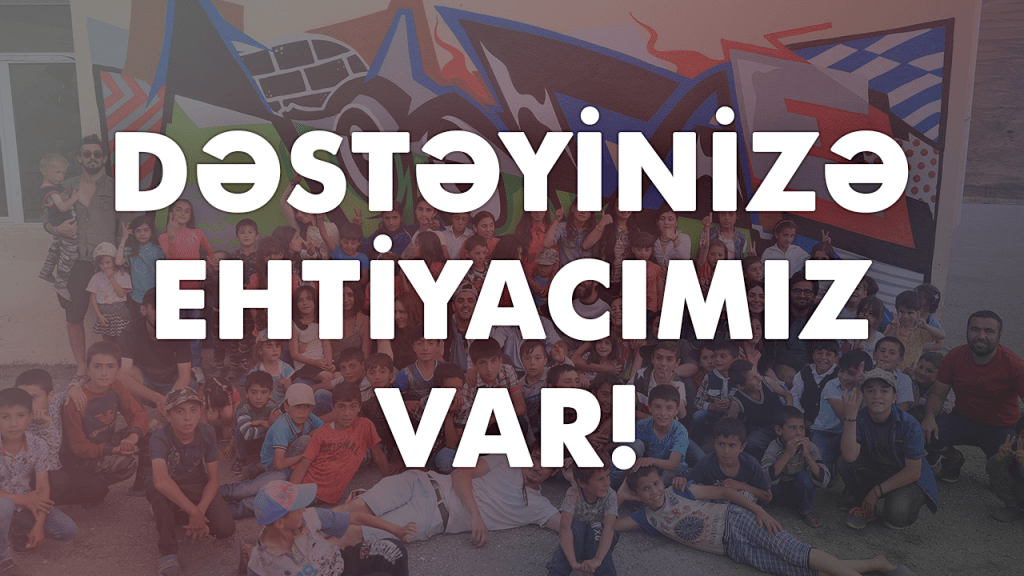Fragments of speech about sex (+18)


“We used to have sex. Now we are just talking about it. ”
Stephen Soderberg, “Sex, Lies and Videotape”
Imagine a mental experiment. Place a newborn baby in hermetic conditions, isolating him from contact with others. Do not forget to provide him with the necessary food and water. And follow him year after year. When he reaches adolescence, observers will be convinced that this person does not need caffeine, nicotine, alcohol, drugs, because the entire above mentioned are acquired, mimicked and borrowed pleasures. The only needs of our object will remain physiological needs – food, sleep, the administration of natural needs and sexual desire. So, we get a sort of Caspar Hauser, thirsting for sexual intimacy, but simultaneously unable possessing the skills of speech.
We live in the era of lost innocence, not in the era of semi-mythical Daphnis and Chloe, when two lovers embrace and lie hugging, not knowing what to do next.
Every single person and the whole society as a whole, including the Azerbaijani society at the time of sexual intimacy or talking about sex, falls into that very adolescent stupor, when blood and other fluids beat into the head, but tongue does not produce clear speech.
Our past is half-mythical and therefore it is not worth to especially idealize it. Experiencing constant cognitive dissonance in the present, we believe that “real men are gone” (“əsl kişilər keçmişdə qaldı”) or longing for “Turgenev girls”. But sometimes it is necessary to refer to eyewitness testimonies in order to overthrow idols and establish anarchy, because “there are no restrictions in bed” (“posteldə zapadlo yoxdur”). For example, in “Caucasian Days” (1945) Banin recalls his childhood in Absheron, the customs and tempers of that period, his relatives, including his teenage cousin, who is interested in people of his own gender. According to Banin, the brother says that he will become “uşaqbaz” (active homosexual) when he grows up, but at the same time he scornfully calls passive homosexuals “götverən” (“fagot”) – the word that popular also in present days.
However, we are talking about sex and sexual speech is not limited with only direct, “frontal” statements. There is another way, when we say one thing, but mean something else or imply something else, because “the back thoughts are stronger than the fore thoughts” (J. Brodsky). And then the words becomes clothed with a haze of irony, a veil of flirting. Our local waiters specifically teached, to say to say “Nə çəkim?”, instead of “Nə qoyum?”, and “Nə süzüm?” instead of “Nə töküm?”. If desired, or during unconscious set of perception and interpretation optics, many Azerbaijani verbs can be understood as euphemisms: çalmaq, çaldırmaq, boşalmaq, qurumaq, durmaq, sulanmaq, dağırtmaq, yemək, soxmaq …
An anecdote describing the dialogue between former president Vezirov, who did not know Azerbaijani well, and the extremely ironic kemenche performer Gabil is still popular among folk:
“ – Remember you sucked in my office? You sucked so well that I burst into tears.
– Comrade Vezirov, I was not sucking, I was performing.”
(In Azerbaijani the verb “çalmaq” have several meanings: for example, “to play musical instrument” or vulgar “to suck a dick”).
And of course, everyone understands to the best of his depravity or knowledge of the depths of the language.
Hərə özünə görə bir lotudur. – Each is made man for himself.
Lotu lotunu ikimənalı başa düşməz. – Made man do not understand another made man ambiguously.
But the word “lotu” in Azerbaijani has two meanings: the first is a made man, the second is a woman of easy virtue.
That is, in the language of psychology, we are constantly in a situation of transference and countertransference, when we attribute to others our own unconscious aspirations.
The cure is in the awareness of this situation and the ability to make a distinction. We have already eaten the fruit from the Tree of the Knowledge of Good and Evil, have realized our own nakedness and were expelled from paradise. Therefore, the use of the word “götverən” (fagot) should be distinguished in both good and bad sense. In the modern Russian language, “fagot in a good sense” means a representative of LGBT and “fagot in a bad sense” is a petty, greedy, selfish person. Although it would be better to do without this word and borrow analogs from the own lexicon of our minorities, if there is one at all, about which the author of these notes is not up to date. From the books and articles I have read, I know that the Russian homosexuals had such a language and in a more developed form the English. This secret language of British homosexuals was called “Polari” and included borrowings from the jargons of wandering artists, prostitutes, beggars, circus performers, Yiddish words, prison jargon. Over time, the secret becomes clear. So Polari became part of popular culture in 1965, when BBC launched a satirical sketch show Round the Horne. In two years the show has become superpopular and influenced the emergence of the 1967 act on the decriminalization of homosexuality.
In Russian there is a saying “Your body is your business”. And this is true; each of us has the right to non-interference in our own business and body. I will retell a popular anecdote in local music circles that illustrates this thesis:
“One of our famous composers assembled an excellent ensemble. And his nagara performer (drummer) was a very talented person. Once, another musician who marked the place of this drummer approached the composer and said:
– Your drummer is a fagot.
When the composer does not respond, the musician once again says that the drummer is a fagot.
Composer decides not to respond again.
When the musician once again says that the composer’s drummer is fagot, the latter has a crush of patience and answers:
– So what if he is a fagot. He shares his ass, not yours”.
The hypothesis of linguistic relativity, otherwise the Sapir-Whorf hypothesis suggests that a single language, its structures determine the thinking and cognitive processes of the carrier, building a personal and national tunnel of reality perception. Based on this theory, we can assume that the infringement of the rights of women in Azerbaijani society occurs, among other things, also because the Azerbaijani language does not have gender differentiation. The situation could be corrected by trying to input feminitives into the language, which is now actively happening in Russian. Words such as авторка, поэтка at first seem unusual, but then you realize that the carrier has the right to use the language creatively, which is not something frozen and unambiguous. Not only language changes us, but we can also change language in order to adjust consciousness to the changing conditions of modern reality.
Most likely, the sex language has to operate with different registers or, in other words, a manual gearbox (why not to use handjob as a metaphor?) in order to reach the goal. And, most likely, before the invention of the language of sex, we should invent sex itself – extract the carnal from the sphere of the shameful (“pis-pis işlər görmək”) and either enter the sacred, which is unlikely in our post-modern times and in our mercantile society, or treat it as an absolutely normal natural need.
Yes, and besides what we say, it is important how? when? to whom? under what circumstances? we say it. The word “salam” can be said so that it sounds like a, and vice versa, the most selective filthy language can be sweeter than honey for people in passion.





